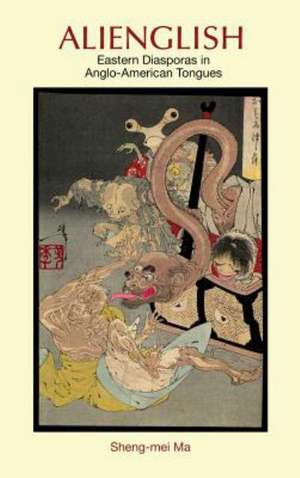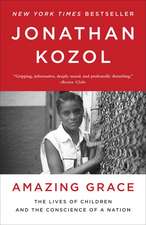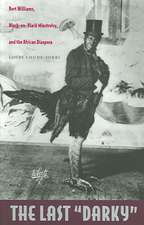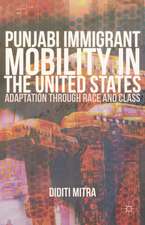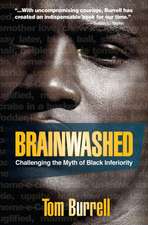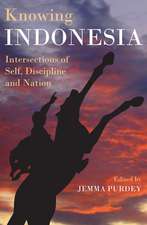Alienglish: Eastern Diasporas in Anglo-American Tongues
Autor Sheng-Mei Maen Limba Engleză Hardback – 7 ian 2014
Preț: 683.76 lei
Preț vechi: 743.22 lei
-8% Nou
Puncte Express: 1026
Preț estimativ în valută:
130.84€ • 136.88$ • 108.69£
130.84€ • 136.88$ • 108.69£
Carte tipărită la comandă
Livrare economică 02-16 aprilie
Preluare comenzi: 021 569.72.76
Specificații
ISBN-13: 9781604978681
ISBN-10: 1604978686
Pagini: 362
Dimensiuni: 152 x 229 x 24 mm
Greutate: 0.7 kg
Ediția:New.
Editura: Cambria Press
ISBN-10: 1604978686
Pagini: 362
Dimensiuni: 152 x 229 x 24 mm
Greutate: 0.7 kg
Ediția:New.
Editura: Cambria Press
